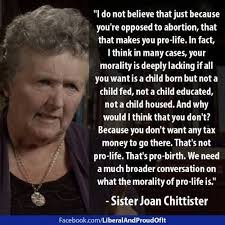StarSong
Awkward is my Superpower
- Location
- Los Angeles Suburbs
The primary purpose of most publicly funded schools is not moral teachings, although cultural behavioral lessons are reinforced as children interact with each other and adults. Those would be: wait your turn, tell the truth, do your work and no cheating, don't touch what doesn't belong to you, wash your hands after using the toilet and before eating, etc.
I was taught that purpose of an education was to teach children reading, writing, arithmetic, history, science, etc., and to make sure we had some physical activity during the day. Religion was touched on in history, but not taught rigorously. Those who attended churches learned about religion at home and in our houses of worship.
Teachers emphasized that their main goal was to teach us to think for ourselves, to bypass yellow journalism and crowd thinking in favor of credible sources, and to be able to distinguish credible sources from junk journalism and pseudo science. To separate the wheat from the chaff, as it were. If they succeeded at that, they believed they could rest easy knowing we could distinguish truth from snake oil.
Sad to say, many in my generation have forgotten these lessons altogether.
I was taught that purpose of an education was to teach children reading, writing, arithmetic, history, science, etc., and to make sure we had some physical activity during the day. Religion was touched on in history, but not taught rigorously. Those who attended churches learned about religion at home and in our houses of worship.
Teachers emphasized that their main goal was to teach us to think for ourselves, to bypass yellow journalism and crowd thinking in favor of credible sources, and to be able to distinguish credible sources from junk journalism and pseudo science. To separate the wheat from the chaff, as it were. If they succeeded at that, they believed they could rest easy knowing we could distinguish truth from snake oil.
Sad to say, many in my generation have forgotten these lessons altogether.


